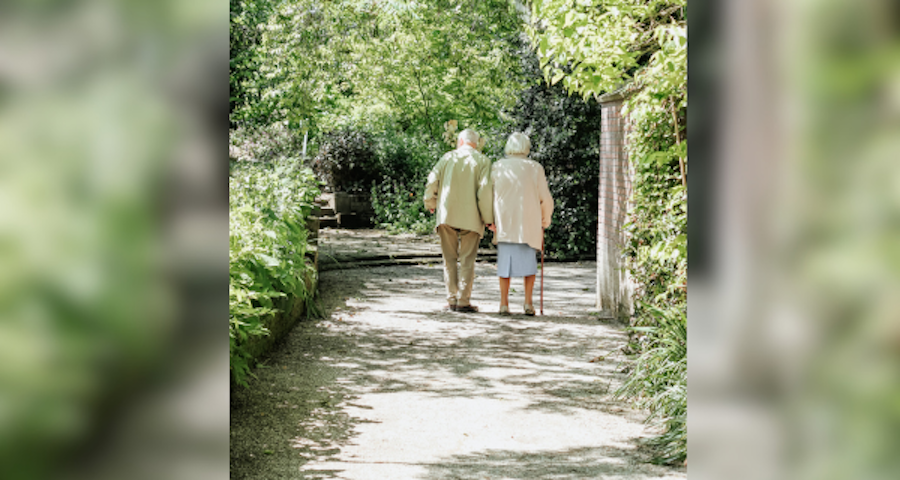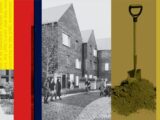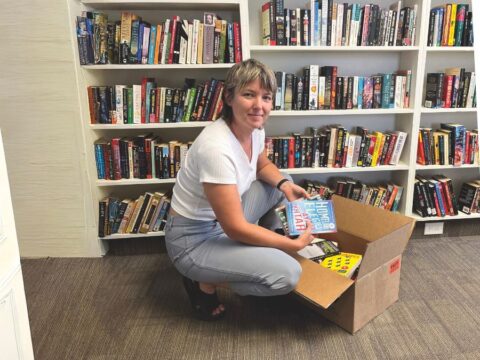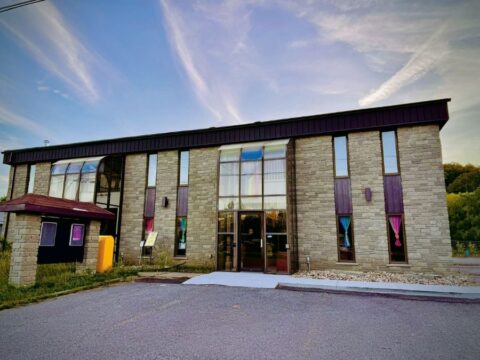Sometimes my wife sees a curious child staring at me while we are out in public. Despite the child’s parent standing nearby, no doubt trying to avoid embarrassing me, my wife will stoop down and explain to the child, “This is my husband. Do you know why he walks like that?” The child is transfixed; the parent is usually horrified. “He was born with a little hole in his back. The doctor fixed it, but it left him walking kind of funny. His name is Michael.”
I was born with an underdeveloped and exposed spinal cord, otherwise known as spina bifida. Like autism, it occurs along a continuum and can range from mild to severe. My form is the latter, requiring around 15 surgeries since birth. Though much was corrected when I was younger — my parents, for instance, were told I would never walk — some medical challenges would stay with me through adulthood.
You may unsubscribe from any of our newsletters at any time.
Still, reflecting over my 70 years of life, I see that my spina bifida hasn’t stopped me from achieving what I wanted to: I earned a university degree, learned how to drive, emerged victorious from the highest level of Toastmasters and continue to participate in both church and family life. But the years of playing classical piano have been, for me, the great equalizer. When seated on the piano bench, I’m just like any other musician.
My wife and I met online in 2004, and it took some time for us to meet in person. When we did, we talked about what my disability would mean for our relationship. She said that my gait made me look like a drunken sailor. I told her it was God’s way of giving me a natural swagger.
More on Broadview:
- The high cost of grocery delivery unfairly burdens disabled people
- This Montreal musician is creating digital instruments for people with disabilities
- Canada’s updated MAiD program is appealing to ‘desperate’ Canadians, advocate says
I believe there are three qualities that are evident in people who have made peace with their disability: perseverance, persistence and having a thick skin. Encouraged by a spiritually sustaining home, I also sought out the Serenity Prayer, volunteered at a crisis line and participated in young adult church groups.
My only regrets relate to the few times I allowed someone to convince me that something was too difficult to achieve. Unconsciously, others can keep me from participating, from learning. They may think they are protecting me, but perhaps they are avoiding their own need to sometimes be patient, to do things just a little differently, to learn something new.
The simple view of people with disabilities, I think, comes from the regressive and outdated language that we commonly use. Words reveal core beliefs, and beliefs define our lives. For example, if a person in a wheelchair is unable to access an upper floor, it’s the building’s design — not the per son or the wheelchair — that is the problem.Person before disability. In other words, know me for my abilities, not my disability.
***
Michael Langley is a member of Broad View United Church in Victoria.
This article first appeared in Broadview’s September 2023 issue with the title “Ability Before Disability.”














